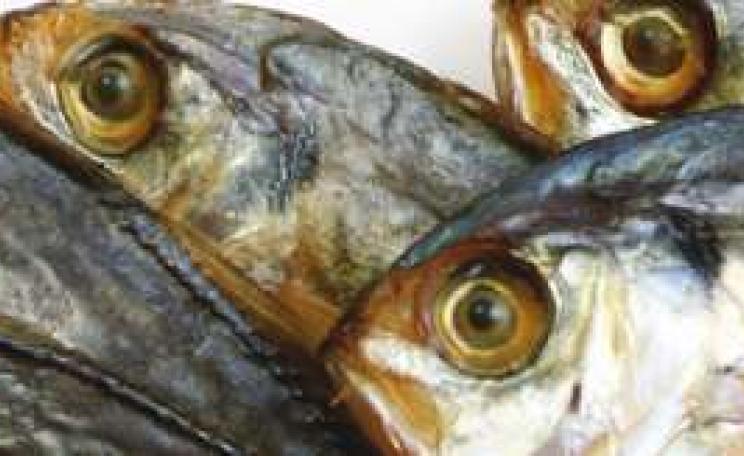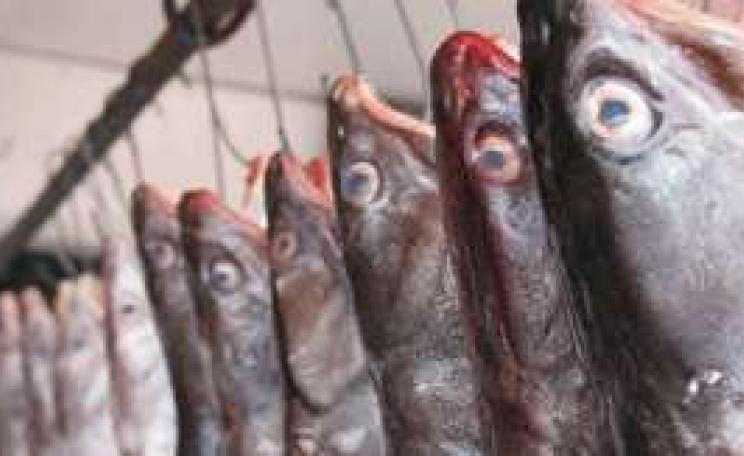The rapid increase in prey species being taken from the world's oceans is having devastating effects on all marine life, new evidence shows. Small species like anchovies, krill and herring are being increasingly targeted by commercial fishing companies, threatening the sustainability of both the 'prey species' themselves; larger fish such as tuna; and whales, dolphins and seals.
Figures released by the Food and Agriculture Organization this month show that seven of the ten most fished species in the world are prey fish. Alarmingly, the majority of such catches are destined to be ground into fishmeal and fish oil. (See Fishy Business, Ecologist Dec/Jan 09). Such products are not for human consumption directly, but used as feed in fish farms and factory farms.
‘Until recently it has been widely believed that prey fish are impossible to overexploit because their populations grow so quickly.’ says Margot Stiles, marine scientist at Oceana, an international sea protection pressure group. ‘We are now proving that untrue... the demands of commercial fisheries and aquaculture are outpacing the ocean’s ability to provide food for us and itself.’
To protect the world’s marine life, Oceana is calling for a moratorium on new prey fisheries, protection of breeding grounds and for the prey caught to be processed for humans, not feed. “Fisheries managers simply take prey for granted despite their critical role in the ecosystem.” says Stiles. Plundering the oceans to supply our farms makes poor ecological sense, as farmed salmon, for instance, need as much as 11 kilograms of fishmeal to gain one kilo of weight.
The production of cheap fishmeal often carries a social cost also. The Ecologist Film Unit recently documented the appalling conditions of communities around the industrial fishmeal centre of Chimbote harbour in Peru. The 20 fishmeal processing plants around the harbour pollute the atmosphere, and are causing respiratory problems for local children.







